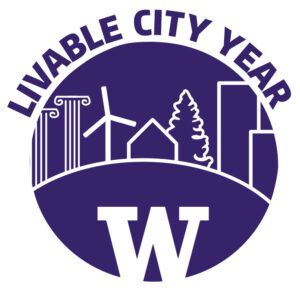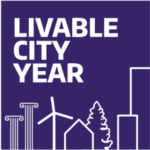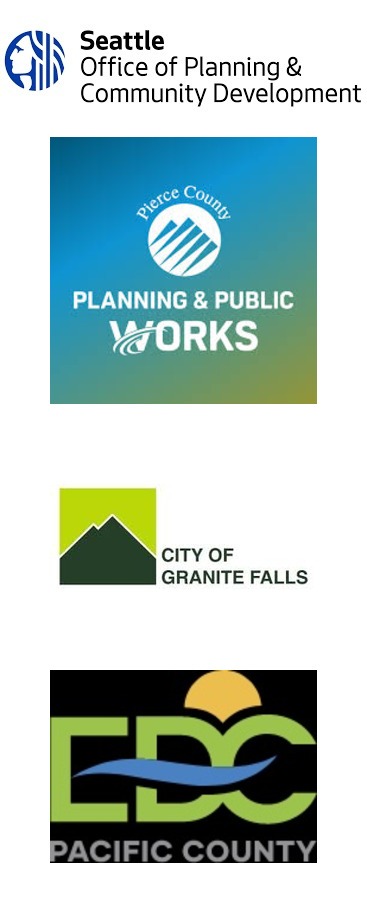March 7, 2024
UW Livable City Year program and City of Snohomish launch new partnership
The University of Washington’s Livable City Year (LCY) program and the City of Snohomish have launched a partnership to advance the City’s livability, sustainability, and economic development goals. Beginning last winter and continuing through the 2023–2024 academic year, this partnership engages UW faculty and students in community-based projects identified by Snohomish staff and leadership.
The Livable City Year program works with local governments over one or more academic years, matching city-identified projects with courses and students across all three UW campuses. City staff benefit from students’ academic expertise, innovative ideas, and enthusiasm, while students gain the opportunity to solve real-world problems and make meaningful, lasting impacts. The eight-year-old UW program is also partnering this year with the Pacific County Economic Development Council. Previous LCY partnerships include the cities of Sultan and Bellevue, as well as King County.
“Something we’ve already seen in our visits is that Snohomish has a really vibrant community,” said faculty co-director Branden Born and chair of UW’s Department of Urban Design and Planning. “It’s exciting to have this kind of engagement and energy in a partnership, especially when we’re working on projects that deal with things like climate change.”
The Livable City Year partnership aligns with Snohomish’s comprehensive planning process and City Council goals for 2023–24. Snohomish is planning for future growth, and this partnership will assist the City in meeting the needs of residents, businesses, and visitors. The LCY projects in Snohomish conducted by UW students and faculty will help City staff and leadership address the issues of environmental resilience, public infrastructure, and economic vitality through thoughtful research and meaningful community engagement.
“We are thrilled to partner with Livable City Year to help us meaningfully plan for the future of Snohomish,” said Snohomish Mayor Linda Redmon. “The academic mastery of the faculty and the enthusiasm of the students will greatly enhance our staff expertise and community input. Their work will be tremendously valuable as we set a path towards 2044.”
Work on the Snohomish projects began in January 2023 when graduate students in UW’s Master of Urban Planning program conducted research on the city’s greenhouse gas emissions and climate impacts. In March, students hosted a stakeholder meeting to receive feedback on ways Snohomish can limit the impacts of climate change, which informed the final recommendations students submitted to the City in Spring 2023.
LCY projects in progress for the 2023–2024 academic year include updating the Economic Development Element of the City’s Comprehensive Plan, being conducted by graduate students in the Department of Urban Design and Planning as well graduate students in the Evans School of Public Policy & Governance Student Consulting Lab. Last fall, students in the Community, Environment & Planning program authored a transportation report and conducted interviews to inform hazard mapping on First Street. Students in the Milgard School of Business conducted a business survey and lodging study for the City.
The UW’s Livable City Year program is led by faculty directors Branden Born with the Department of Urban Design and Planning and Jennifer Otten with the School of Public Health, in collaboration with UW Sustainability and Urban@UW and with foundational support from the UW College of Built Environments, UW Undergraduate Academic Affairs, and Association of Washington Cities.
Partners from the City of Snohomish include staff and leadership from the Department of Planning and Development Services, Public Works, the Department of Community Engagement and Strategic Initiatives, City Council, and the Mayor’s Office.
LCY is a member of the Educational Partners for Innovation in Communities Network (EPIC-N), a global nonprofit association of member programs that connect universities with communities to tackle local challenges.




